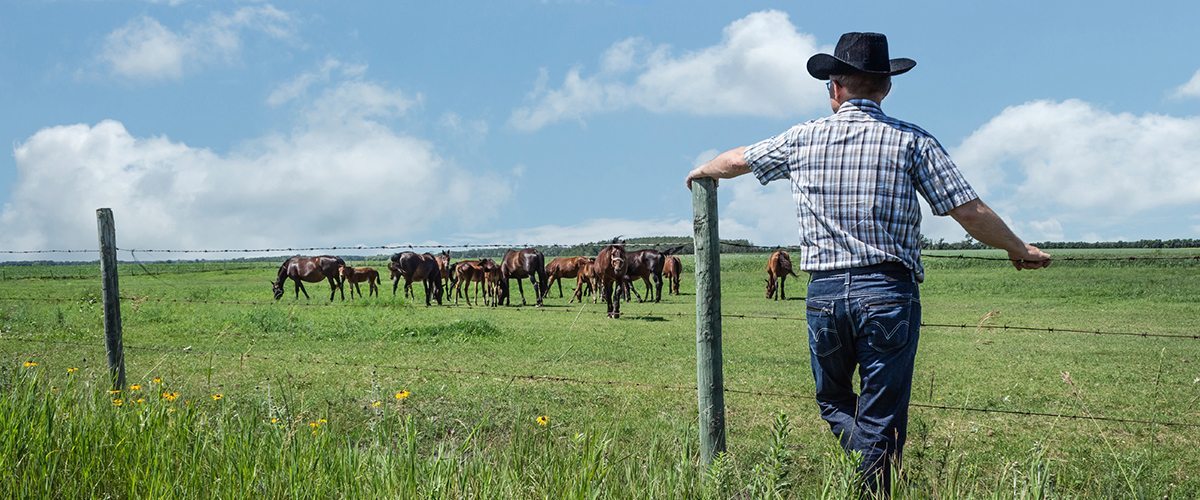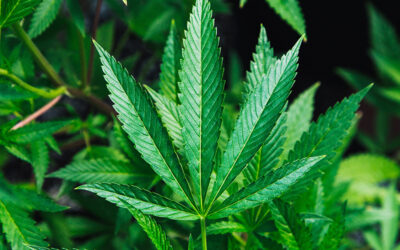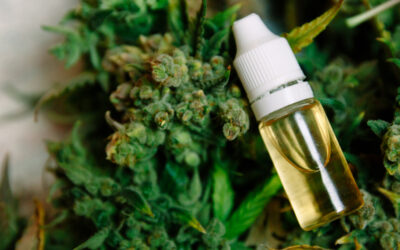Updated January 2020
Texas has had a flurry of progressive proposals when it comes to marijuana legislation. While only one bill — a limited low-THC medical cannabis law — passed, there are still significant steps for the state to take before it adequately provides its residents safe and legal access to cannabis. Texas lawmakers have, however, legalized the commercial production of hemp. Learn more about Texas marijuana laws below.
Recreational Marijuana Laws in Texas
Is marijuana legal in Texas? In short, no.
Currently, all possession of marijuana for recreational purposes in Texas is a crime. Those caught with up to 4 ounces of marijuana are charged with a misdemeanor and subject to fines up to $4,000 and a year in jail. Possessing more than 4 ounces is a felony, punishable by 180 days to up to 99 years and fines of $10,000 to $50,000, depending on the possession amount.
Over the past two years, Texas’ legislatures have introduced decriminalization bills, but none have yet to pass. In December 2016, state lawmakers have filed several new decriminalization bills that will be considered in the 2017 legislative session. Until then, Texas will continue to prosecute those possessing marijuana, including mandatory minimum sentences for those in possession of or attempting to sell large quantities of the drug.
Simple possession of marijuana has been essentially decriminalized in Harris County, the most popular county in Texas. District Attorney Kim Ogg, upon being sworn into office in January 2017, announced that she planned to decriminalize all simple possession of marijuana in Harris County. Even today, first-time offenders caught in possession of up to 2 ounces of marijuana are no longer subject to prosecution. Ogg’s progressive law, which took effect on March 1, 2017, ensures that law enforcement agencies don’t arrest individuals caught with four ounces or less of marijuana. Rather, offenders have 90 days to complete a four-hour decision-making class, which will remove any charges.
The city of Austin also decriminalized marijuana. In January 2020, the Austin City Council voted unanimously to stop criminal penalties for low-level cannabis possession.
Medical Marijuana Laws in Texas
Despite some legislative support in the last session, no comprehensive medical marijuana policy has been enacted in the state. On June 1, 2015, Texas did pass a low THC cannabis oil bill. Qualified patients are required to first get prescriptions from two certified specialists, at which point they will be legally allowed to use cannabis oil with at most 0.5% THC.
While the low THC medical cannabis law has been put into effect, many are skeptical that the system cannot be successfully implemented as written. Because doctors are required to “prescribe” rather than “recommend” or “certify” patients, very few physicians are willing to do so because prescribing a Schedule I substance puts their DEA license to prescribe controlled substances at risk.
Initially, Texas’ medical marijuana law applied only to the treatment of intractable epilepsy. In June 2019, Gov. Greg Abbot signed into law House Bill 3703 to expand the program to more conditions.
Qualifying conditions for medical marijuana under Texas’ medical marijuana now include:
- Alzheimer’s Disease
- Amyotrophic Lateral Sclerosis (ALS)
- Autism
- Huntington’s Disease
- Intractable Epilepsy and Seizure Disorders
- Multiple Sclerosis (MS)
- Parkinson’s Disease
- Spasticity
- Terminal Cancer
CBD (cannabidiol) from Hemp Oil in Texas
Hemp-derived CBD products are legal under Federal Law in the United States; however, individual state laws are dynamic and fluid. Individual states may enact their own laws governing hemp-derived CBD.
Cultivation of Cannabis in Texas
The cultivation of marijuana for personal or medical use is illegal in Texas. In June 2019, however, Texas Gov. Greg Abbot (R) signed House Bill 1325 to legalize the commercial production of hemp and hemp-derived CBD oil as long as they contain no more than 0.3% of tetrahydrocannabinol. The new law was in response to the passage of the 2018 Farm Bill, which legalizes hemp at the federal level and allows states to pass policies permitting hemp production. The Texas Department of Agriculture will soon submit the rules and guidelines for hemp production in the state to the U.S. Department of Agriculture (USDA), and it is expected that hemp production will start in Texas during the 2020 crop year.
Legal Status of Other U.S. States
Stay up to date on the latest state legislation, referendums, and public opinion polls. Our Marijuana Legalization Map allows you to browse the current status of medical and recreational marijuana laws in other U.S. states and territories.
Sources
- https://www.mpp.org/states/texas/
- http://norml.org/laws/item/texas-penalties-2
- http://medicalmarijuana.procon.org/view.resource.php?resourceID=000881
DISCLAIMER: The information contained in this website is for general information purposes only; it does not constitute legal advice. Although we endeavor to keep the information up to date and correct, we make no representations or warranties of any kind, express or implied, about the completeness, accuracy, reliability, suitability or availability with respect to the website or the information, products, services, or related graphics contained on the website for any purpose. Therefore, any reliance you place on such information is strictly at your own risk.






